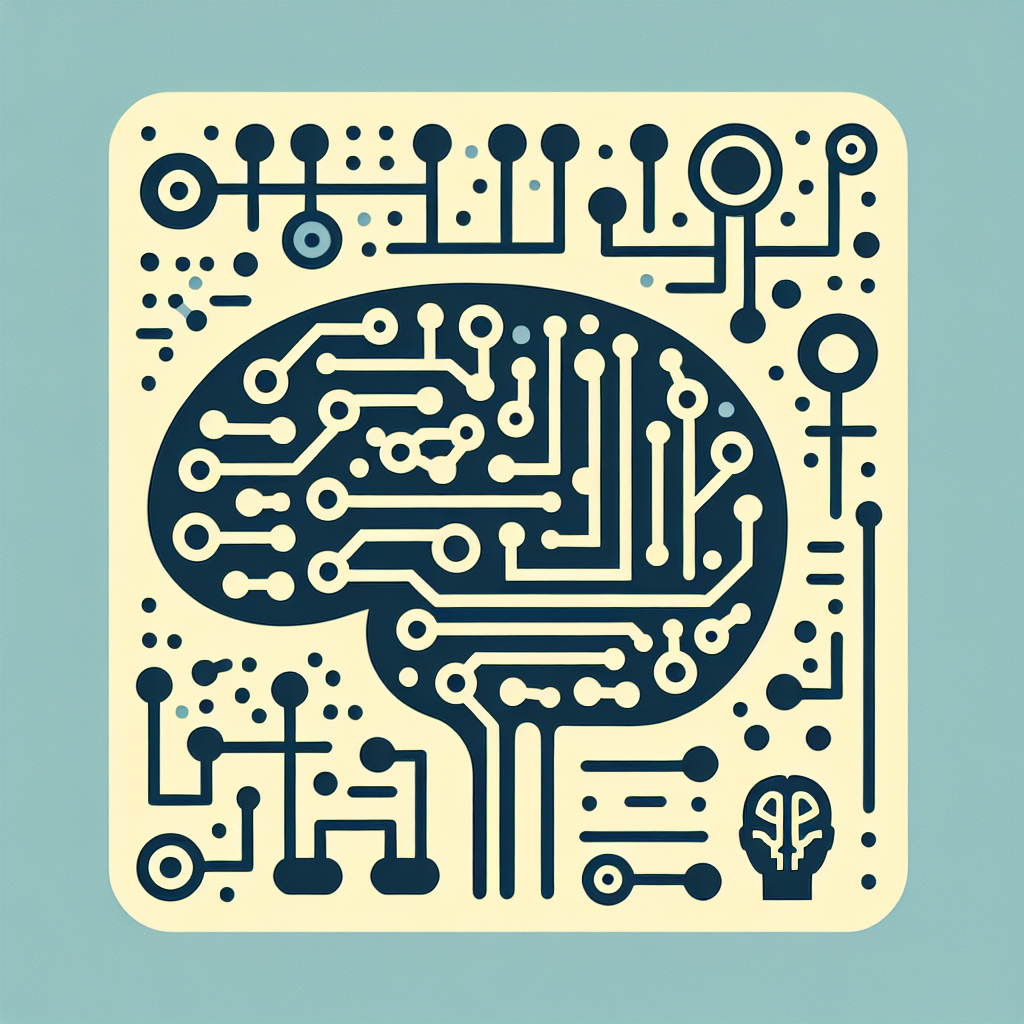Artificial General Intelligence (AGI) is a hot topic in the world of technology and artificial intelligence. As the next frontier in AI development, AGI has the potential to revolutionize society in ways we can’t yet imagine. But what exactly is AGI, and how does it work? In this guide, we will break down the basics of AGI for beginners, exploring its definition, capabilities, and implications.
What is AGI?
AGI, also known as strong AI or human-level AI, refers to artificial intelligence systems that have the ability to understand, learn, and apply knowledge in a manner similar to human intelligence. Unlike narrow AI systems, which are designed for specific tasks or domains, AGI is intended to possess general cognitive abilities that enable it to perform a wide range of tasks across different domains.
The key distinction between AGI and other forms of AI lies in its capacity for generalization. While narrow AI systems excel at specific tasks, such as image recognition or natural language processing, they lack the flexibility and adaptability of human intelligence. AGI, on the other hand, is designed to mimic the broad spectrum of cognitive functions that humans use to navigate the world and solve complex problems.
How does AGI work?
AGI systems are typically built using a combination of machine learning techniques, such as neural networks and deep learning algorithms, as well as symbolic reasoning and logic-based approaches. These methods enable AGI systems to process large amounts of data, recognize patterns, and make decisions based on probabilistic reasoning.
One of the key challenges in developing AGI is creating a system that can not only perform specific tasks but also learn and adapt to new situations. This requires designing algorithms that can generalize from limited data, reason abstractly, and communicate effectively with humans.
Another important aspect of AGI is its ability to self-improve and evolve over time. This concept, known as recursive self-improvement, postulates that an AGI system could potentially enhance its own capabilities through iterative learning and optimization processes. This could lead to exponential growth in intelligence, with the system rapidly surpassing human levels of cognitive ability.
Implications of AGI
The development of AGI has the potential to revolutionize countless industries and sectors, from healthcare and finance to transportation and entertainment. AGI systems could automate routine tasks, accelerate scientific discovery, and revolutionize the way we interact with technology.
However, the rise of AGI also raises important ethical, legal, and social considerations. Concerns about job displacement, privacy, security, and control have led many experts to call for careful regulation and oversight of AGI development. Ensuring that AGI systems are safe, transparent, and aligned with human values will be crucial to harnessing their full potential for the benefit of society.
FAQs
Q: Will AGI surpass human intelligence?
A: It is difficult to predict the exact timeline for when AGI will surpass human intelligence, as this depends on various factors such as technological progress, funding, and research priorities. Some experts believe that AGI could emerge within the next few decades, while others are more cautious in their estimates.
Q: What are the risks of AGI?
A: The development of AGI poses several risks, including job displacement, ethical dilemmas, and potential misuse of the technology. Ensuring that AGI systems are designed with safety and ethical considerations in mind will be crucial to minimizing these risks.
Q: How can I get involved in AGI research?
A: If you are interested in contributing to the development of AGI, there are several ways to get involved. You can pursue advanced studies in artificial intelligence, join research labs or industry teams working on AGI projects, or participate in online communities and forums dedicated to AI research.
In conclusion, AGI represents a groundbreaking frontier in artificial intelligence that has the potential to transform society in profound ways. By understanding the basics of AGI and its implications, we can better prepare for the opportunities and challenges that lie ahead. As we continue to push the boundaries of AI research, it is essential to prioritize safety, ethics, and human values in the pursuit of AGI.

